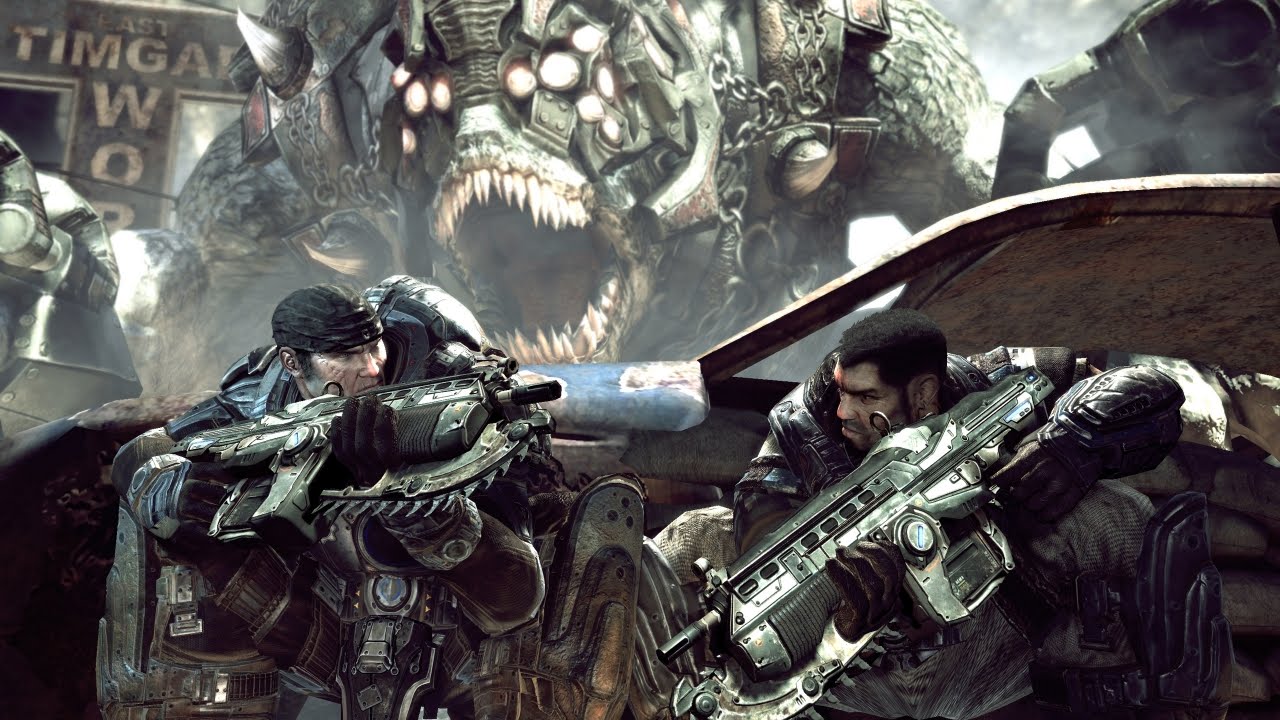
In its 26 years as a company, Epic Games has been a marquee developer wherever it has developed its games, and in an interview with Glixel, founder Tim Sweeney discussed why the developer switched its focus from PC to consoles in the mid-2000s and then back again in recent years.
"We built PC games for all of Epic's history: Jazz Jackrabbit, Jill of the Jungle, Epic Pinball, and then Unreal," Sweeney explained. "But before Steam, PC game revenue started falling off a cliff, right around the time BitTorrent and Napster came out. Piracy became really easy and accessible with broadband Internet.
"Our competitors who were shipping games were almost going out of business, because for every copy they sold there would be like 10 pirated copies. As a result, PC was not growing as a viable platform for the scale of game that we wanted to build. We wanted to build games like Gears of War."
Sweeney explained how switching to development on Xbox 360 allowed the studio to sell "vastly more [copies] than they could have sold on PC." At the time of Microsoft's acquisition of the Gears of War franchise in 2014, Microsoft said the series had sold more than 22 million copies, earning $1 billion in revenue.
"A funny thing happened in the console market, though. Budgets were being bid up," Sweeney pointed out. ""The first Gears of War cost $12 million for us to make. And it made us $100 million in profit. So that was awesome. But by Gears of War: Judgment, the game cost about $60 million to build, and made about $100 million still."
With the dawn of a new console generation just around the corner, Epic expected its costs to double again, while the audience went "back to zero," as it slowly adopted the new line of consoles.
"We felt we would be of questionable viability as a standalone developer in Triple A," he said.
Keep up to date with the most important stories and the best deals, as picked by the PC Gamer team.
Since leaving Gears of War behind, Epic Games has moved on to a number of PC titles, including a new Unreal Tournament, third-person MOBA Paragon, and the long-anticipated survival game Fortnite, which Sweeney says is "coming soon."
The company's also working on a virtual reality game called Robo Recall, in which players "fix" malfunctioning robots with guns and other means of destruction. You can read more about that and Sweeney's vision of the future of VR and its use in the real world at Glixel. It's an interesting read that is definitely worth checking out.

